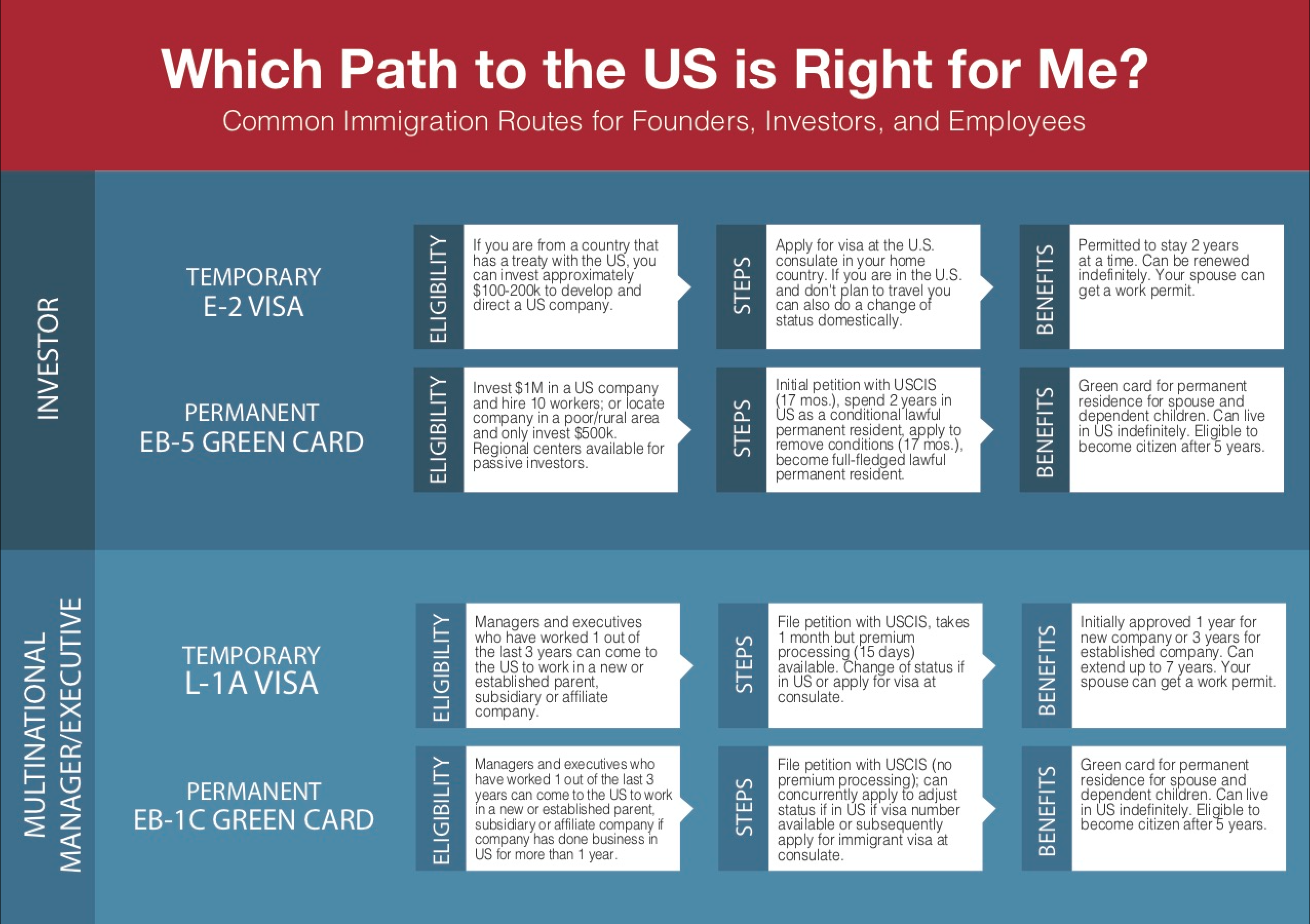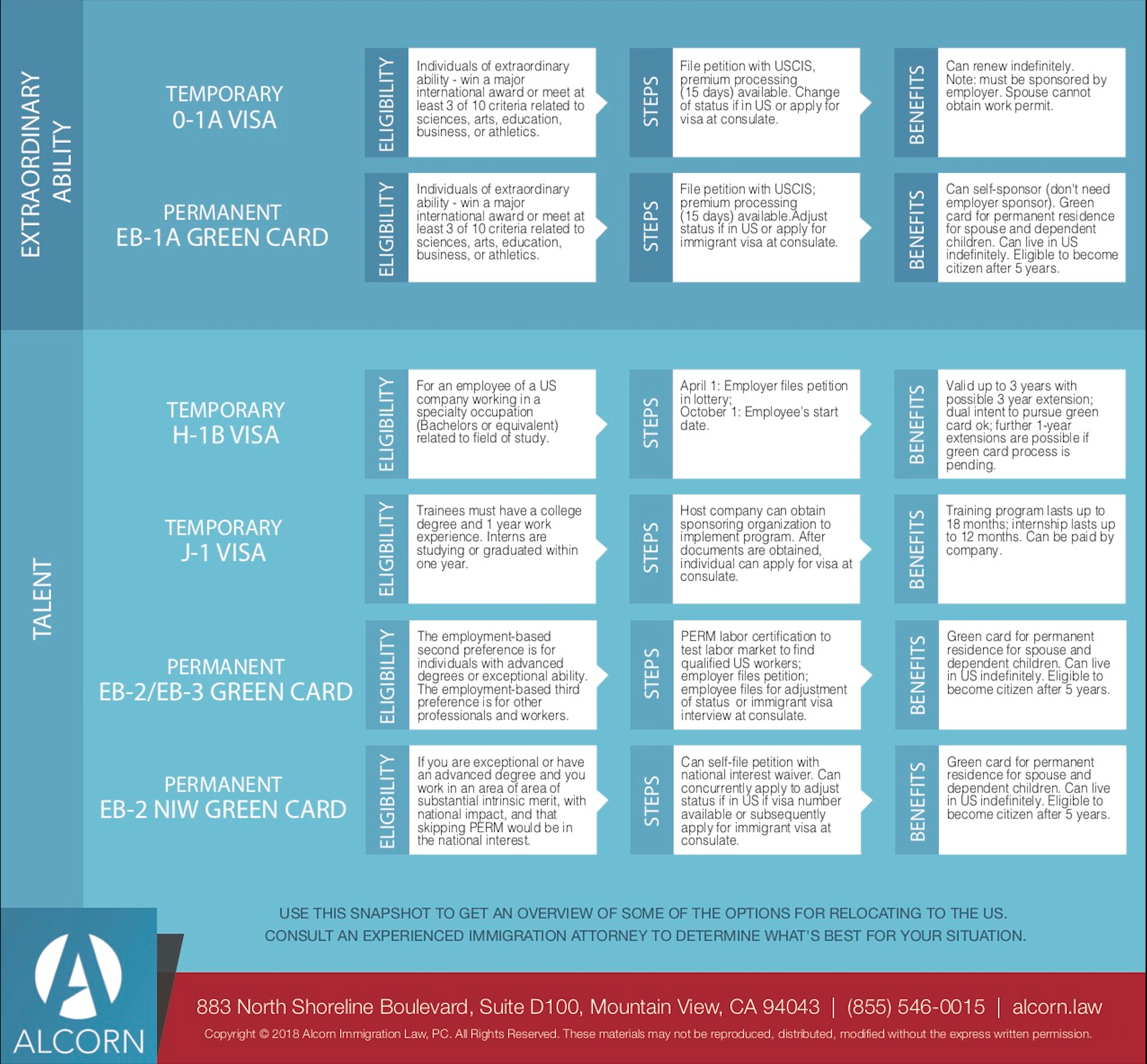Sophie Alcorn
More posts from Sophie Alcorn
The immigration process in the U.S. has become a high-stakes undertaking for employers, workers, and entrepreneurs. Predictability has eroded. Processing times have soared. And any mistake or misstep now has dire consequences.
Over the past three years, immigration policies and procedures have been in a state of flux and the process has become more unforgiving for even the smallest mistakes. Putting your best foot forward is crucial. Employers and individuals need to formulate a long-term strategy and backup options to stay protected.
The increase in Requests for Evidence and the backlog for many visa and green card categories has meant longer waiting times. What’s more, the Trump administration’s recent decision to close all USCIS’s international offices—and shift that workload back to the U.S.—is expected to compound the backlogs and delays.
We are seeing these issues affect startups every day. My law firm works with hundreds of startups every year to help them and their employers figure out their immigration paperwork. The overall piece of advice we give is to decide on a specific goal based on a deep understanding of the company and the individual and by examining the options strategically.
Then, you can figure out the right approach for a visa, green card, or citizenship application. Regardless of my personal interest in the matter, now more than ever, I recommend consulting with an experienced immigration attorney who can handle the process with integrity, creativity, compassion, and rigor.
What employers should know
The new normal for immigration means increased employee recruiting and retention costs for employers. However, hiring immigrants remains possible.

Employers should create a long-term hiring plan, identifying roles that need to be filled—highlighting which ones will likely be filled by immigrants—and when. In addition, employers should add language on when, and under what conditions, to sponsor a foreign employee for permanent residence (a green card) or a temporary stay (a nonimmigrant visa) to their hiring policies.
Employers also need to be prepared for a potential investor or acquiring company. In Due Diligence, you’ll want to avoid a situation in which the key talent could be forced to leave Silicon Valley due to a visa or green card issue.
Also, employers are required to check the work authorization of everyone they hire. Employers face fines or even criminal prosecution for employing workers who do not have the appropriate authorization. Employers should prepare Form I-9 inspections or H-1B audits to avoid being subjected to increased immigration enforcement over the last several years.
What individuals should know
Most visas and green cards require an employer sponsor. Having quick and ready access to documents and references remains essential for individuals working with an employer to petition for a visa or green card.
Individuals who hold nonimmigrant—or temporary—visas must not have immigrant intent. That means that individuals need to satisfy the CBP agent at the airport, border or other port of entry that they do not intend to abandon their home country. They will also need to show their visit to the U.S. will end at a specific time.
Those who hold green cards—also known as immigrant visas—can live and work in the U.S. and travel abroad with few restrictions. However, they cannot vote and face deportation if they abuse their status or break the law.
The process for applying for visas or green card depends on whether the individual is overseas or already in the U.S. If outside the U.S., an interview will be conducted at the nearest U.S. consulate or embassy with the State Department. If already in the U.S., a visa or green card application and interview will be filed to U.S. Citizenship and Immigration Services (USCIS), an agency within the U.S. Department of Homeland Security.
Visa sponsorship by companies

franckreporter
Most employers use one of the following temporary visas for prospective employees:
- E-2 visas enable employers to hire a foreign national whose home country has a trade treaty with the U.S. to come to the U.S. If the individual is a citizen of a country without an investment trade treaty with the U.S., such as China and India, an E-2 visa can still be obtained by first filing for citizenship in Grenada.
- H-1B visas allow employers to fill jobs requiring specialized skills that are difficult to fill with American workers with foreign nationals.
- H-2B visas let employers hire workers from select countries to fill temporary non-agricultural positions.
- L-1 visas give employers the opportunity to transfer employees from one of their foreign offices to the U.S.
- O visas provide a way for employers to hire individuals with extraordinary ability in the arts, sciences, education, business, or athletics.
- TN visas ensure an employer can hire professionals from Canada or Mexico thanks to the trade relationships between Canada, Mexico, and the U.S.
- F-1 visas allow the holder to enter the U.S. as a full-time graduate student at an accredited college or university. Some F-1 students are eligible to work in their field of study on OPT, and those in the STEM fields may qualify for a two-year work extension.
Green card sponsorship by companies
U.S immigration law caps the number of green cards issued per year for employment-based categories at 140,000. Each green card category is subject to a quota not only on the number of applications that can be approved each fiscal year, but also the number of applicants from each country. If the number of green card petitions from individuals from a country outstrips the available supply, they must wait for a green card number to become available.
The State Department’s monthly Visa Bulletin shows which green card petitions from which countries can move forward and which must continue to wait in line. Currently, individuals from India and China face years-long waits for green cards.
Some green cards require an employer to obtain labor certification whereby the employer must prove to the U.S. Department of Labor that no qualified U.S. workers are available for the position sought by the foreign employee. Labor certification is designed to ensure that the employment, wages, and working conditions of U.S. workers employed in the same field are not adversely affected.
These green card options require labor certification:
- EB-2 green cards for professionals with a master’s degree or higher in a field related to the position.
- EB-2 green cards for individuals with exceptional ability in the sciences, arts, or business.
- EB-3 green card for skilled workers with training or work experience and a permanent full-time job offer.
Some green card options do not require labor certification, however, they have high bars for approval:
- EB-1A green cards enable employers to hire individuals with extraordinary ability in the sciences, arts, education, business, or athletics.
- EB-1B green cards allow employers to hire outstanding professors and researchers.
- EB-1C green cards allow employers to bring an executive or manager to the U.S. to live and work.
- EB-2 NIW (National Interest Waiver) green cards make it possible for employers to hire individuals with exceptional ability in the sciences, arts or business. However, they can avoid the lengthy and expensive process of labor certification if they can show that employing the individual will benefit the U.S.
Options for DIY self-sponsorship

A few immigration options do not require an employer sponsor, allowing individuals to file their own petition. All of them are green cards (immigrant visas):
- EB-1A green cards
- EB-2 NIW green cards
- EB-5 green cards enables individuals to live and work in the U.S. if they invest $500,000 to $1 million in a company or project that creates at least 10 full-time jobs for U.S. workers.
Other options for founders
The U.S. does not offer a startup visa although legislation reintroduced earlier this year would create one. Currently, international entrepreneur find these nonimmigrant visa options work best:
- The entrepreneur’s startup would sponsor the founder for an E-2 visa or a path to an E-2 visa through obtaining citizenship from a country with a trade treaty with the U.S.
- A startup could sponsor its founder for an L-1A visa, which enables companies to transfer an executive from a foreign office to the U.S.
- H-1B or an Entrepreneur-in-Residence program at a U.S. university, which allows entrepreneurs to get an H-1B visa to mentor business students while growing their startup in the U.S.
- B-1 business visitors visas
Several green card options exist for entrepreneurs:
Family-based options
Sometimes, although we’re feminists and want everybody to succeed based on their accomplishments, we have to advise startup founders that the fastest route to a green card is through marriage. Here are some possible routes:
- Marriage-based adjustment of status for the spouse of a citizen or permanent resident. Note that currently in July 2019 the Visa Bulletin has progressed so for the first time in years it’s currently possible for the spouse of an LPR to currently file the I-130 petition and the I-485 application.
- K-1 Fiance Visa for the spouse of a U.S. citizen to later go through the adjustment of status process
- Immigrant visa for the spouse of a U.S. citizen who is currently abroad
Options for expedited processing
Some options exist to that may help reduce the immigration wait time for individuals and their employers.
Visa petitioners may request faster processing for certain employment-based petitions and applications, such as E-2, H-1B, H-2B, L-1, and O visas. USCIS guarantees a decision on a petition or application within 15 calendar days for a $1,410 premium processing fee.
Petitioners can submit expedite requests for petitions and applications that are ineligible for premium processing. USCIS grants these requests on a case-by-case basis for reasons including an emergency, a severe financial loss to the visa candidate (or employer), a national interest or defense matter.
The last resort is filing a Writ of Mandamus to compel USCIS to decide a petition or application. A Writ of Mandamus is a lawsuit filed against a government agency that asks the court to force the agency to fulfill its mandated duties, such as deciding an immigration case.
The law requires USCIS to make a final decision on all immigration applications within a reasonable time. Under a Writ of Mandamus, a judge can order USCIS to make a decision.
Immigration is complicated. But just because the system is stacked against immigrants doesn’t mean it’s not possible. Even though our system is broken, there are still many legal paths to live and work in the United States.
Just remember, it’s important to always do the right thing when navigating this system and finding cutting edge-solutions to legal problems, and it’s also imperative that you feel that your needs have been taken into account from the very beginning.

































Comment